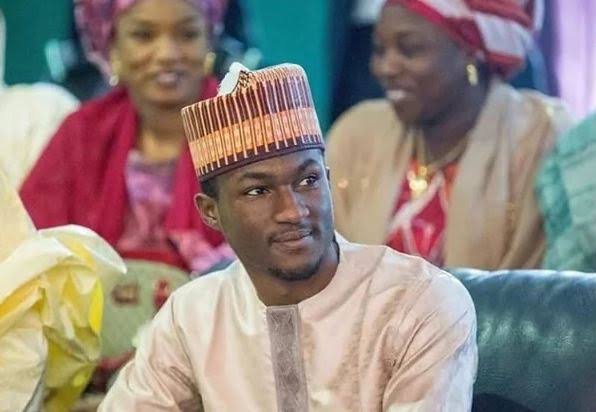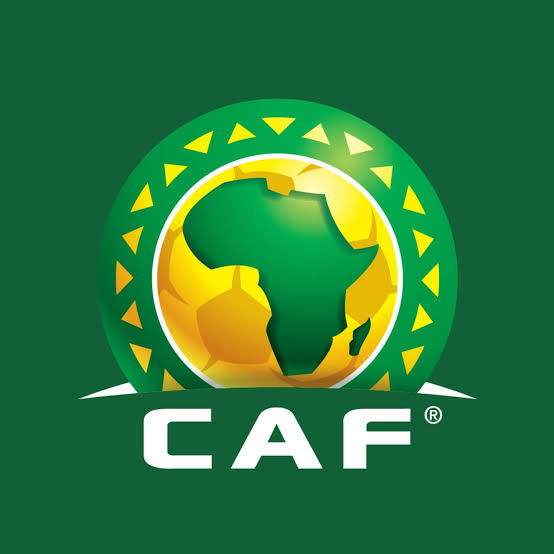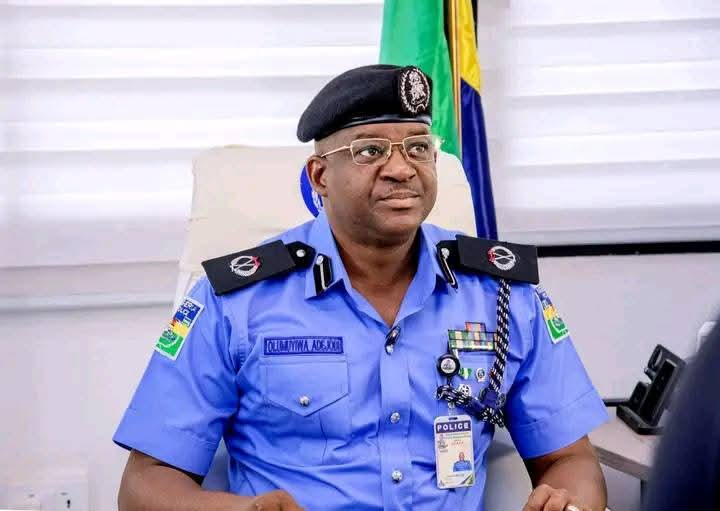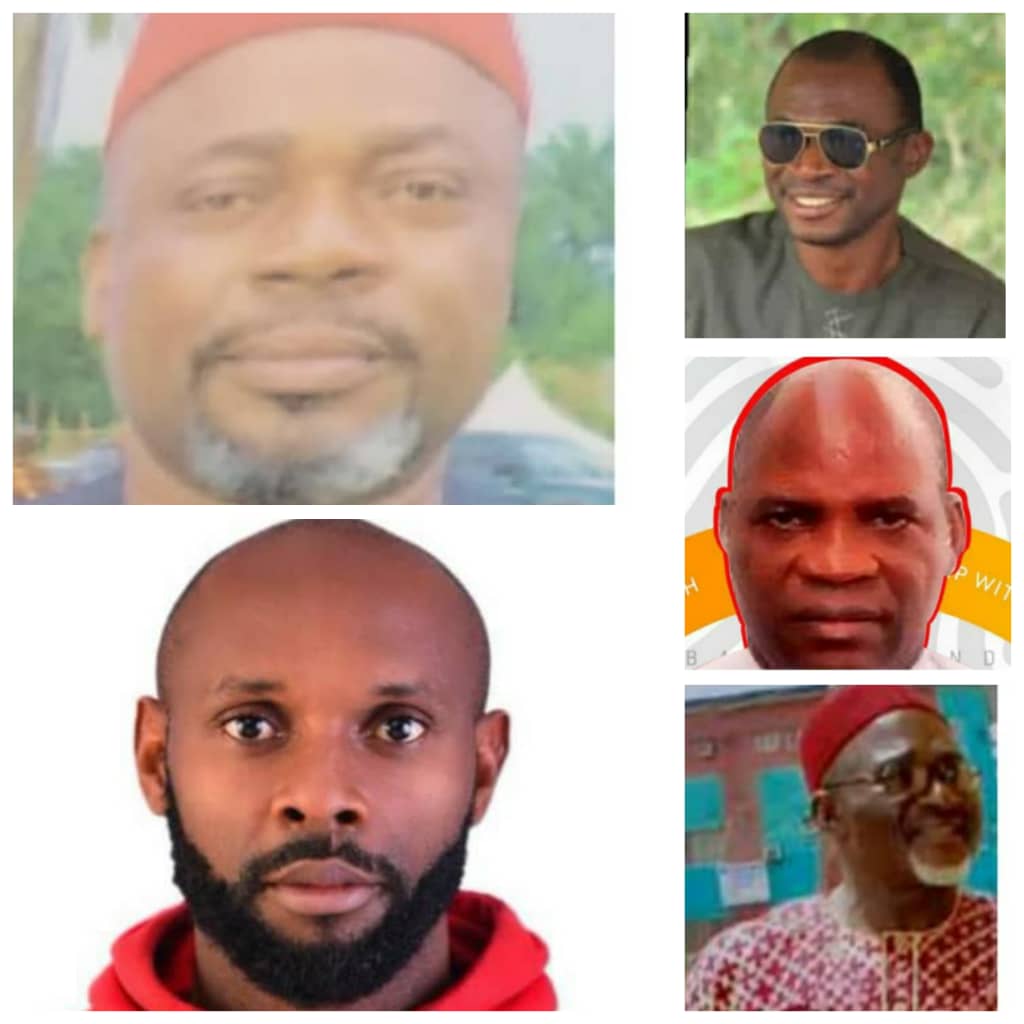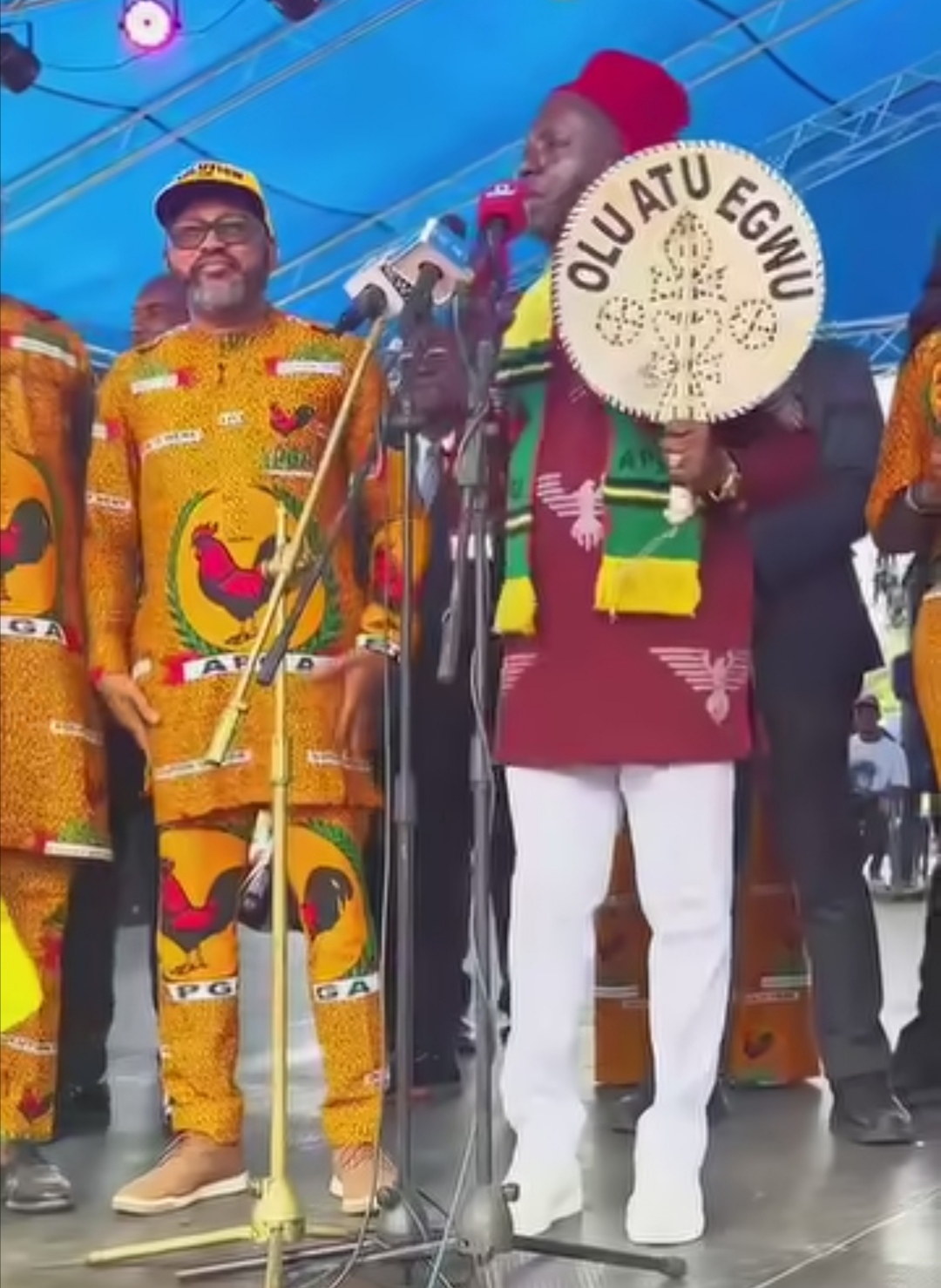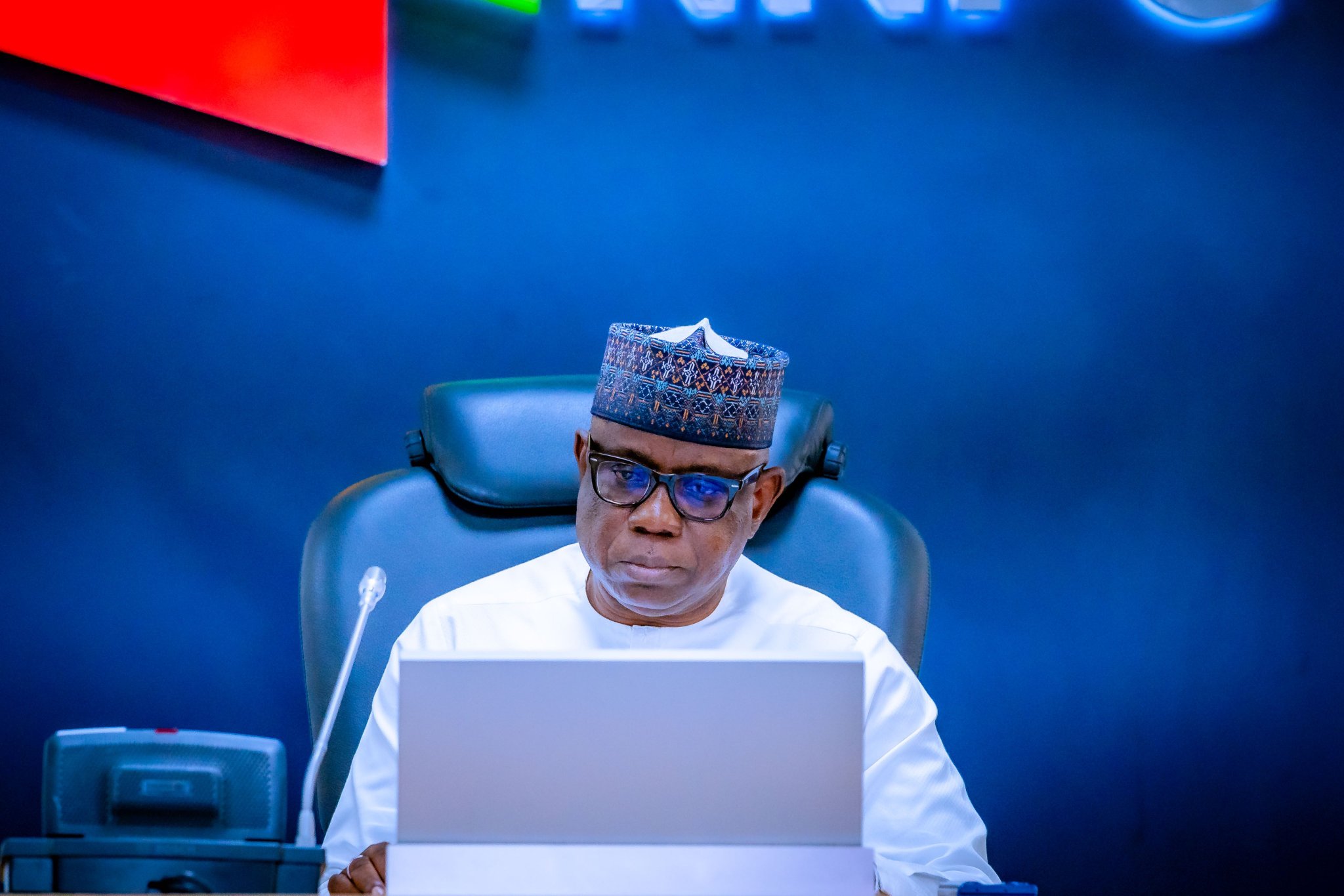BY SOLA ENIKANOLAIYE
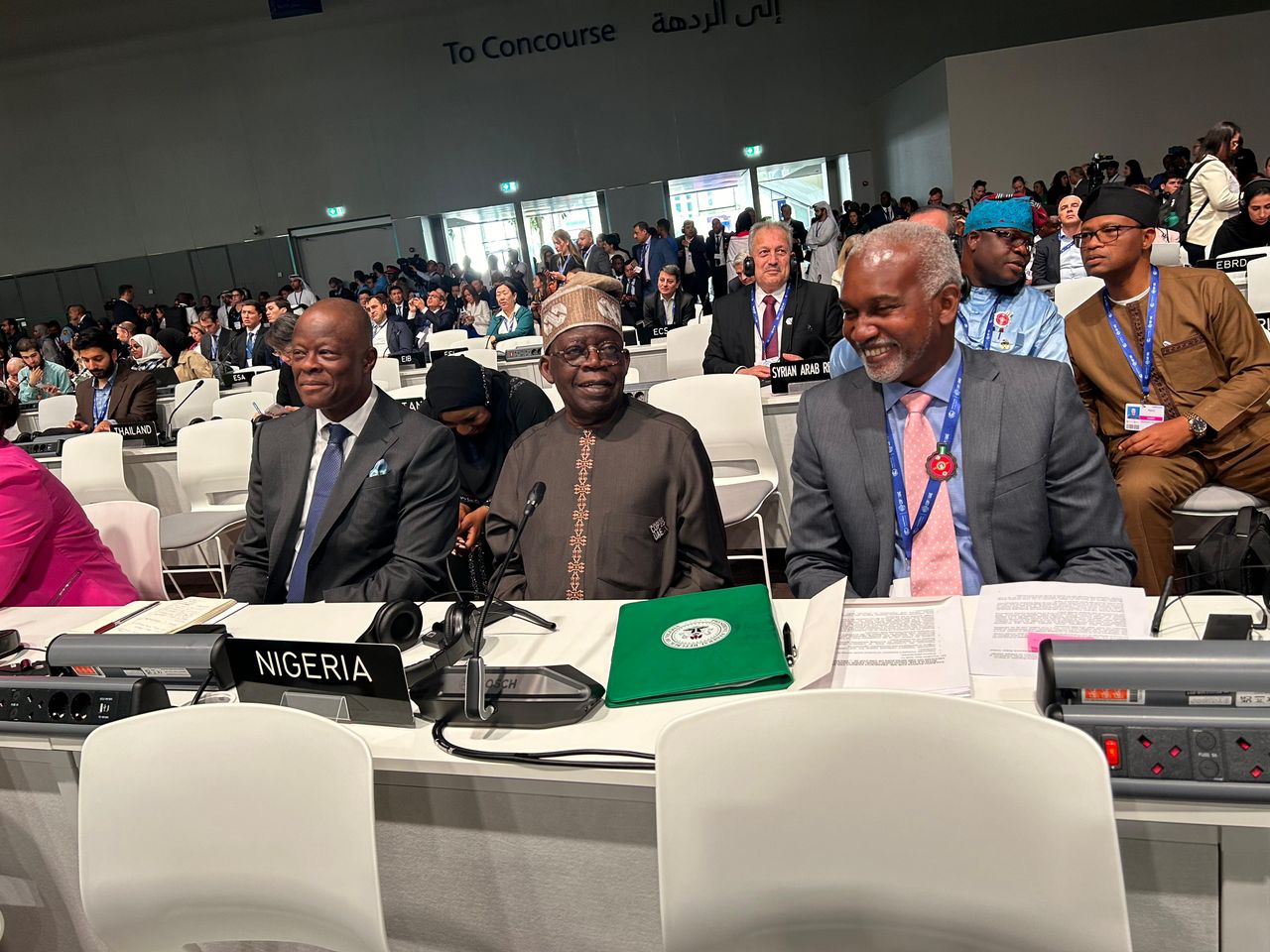
The Administration of President Bola Ahmed Tinubu, GCFR celebrated two years in office a few days ago on Thursday, 29th May 2025.
It is important that one pauses to take an insider look at the journey so far, as well as chart the course for the remaining part of his first term.
Indeed, two years is sufficient to assess the effectiveness or otherwise of an Administration’s progress in any area, not least, the sphere of foreign policy and international relations.
In his address at the Ministerial Briefing Series delivered on 20th March 2025, aptly entitled “From Passive to Active Global Engagement Under President Bola Ahmed Tinubu’s Leadership”, the Honourable Minister of Foreign Affairs, Ambassador Yusuf Maitama Tuggar, CON, set the tone and contours of assessment of the Administration’s scorecard in the area of Nigeria’s foreign policy and international relations.
At the inauguration of this Administration on 29th May 2023, President Bola Ahmed Tinubu declared that: “…Given the world in which we reside, please permit a few comments regarding foreign policy. The crisis in Sudan and the turn from democracy by several nations in our immediate neighborhood are of pressing concern. As such, my primary foreign policy objective must be the peace and stability of the West African subregion and the African continent. We shall work with ECOWAS, the AU and willing partners in the international community to end extant conflicts and to resolve new ones. As we contain threats to peace, we shall also retool our foreign policy to more actively lead the regional and continental quest for collective prosperity… On this day, Nigeria affirms its rightful place among the world’s great democracies. There, Nigeria shall reside forever…”
With this broad policy statement, Mr. President set out the strategic goals and objectives of Nigeria’s foreign policy as well as the focus of his Administration in this sphere.
It can thus be deduced from Mr. President’s inaugural statement that the West African sub-region and Africa would be a major focus of his Administration’s foreign policy exertions.
This has served to reinforce the popular mantra that Africa is the centre-piece and the corner stone of Nigeria’s foreign policy. For the Administration of President Bola Ahmed Tinubu, this time-honored focus of Nigeria’s foreign policy locates Nigeria and Nigerians as the object and subject of Nigeria’s foreign policy and international relations.
One point to stress, however, is that the ultimate decisions about Nigeria’s foreign policy and international relations as with other positions of the Federal Government, lie with Mr. President on whose table the buck stops. He is ultimately the chief foreign policy maker, albeit with inputs from other critical stake holders such as the Ministry of Foreign Affairs and relevant Ministries, Departments and Agencies (MDAs) of Government.
In terms of foreign policy orientation, Mr. President’s approach derives from the Linkage Theory propounded by scholars such as James Rosenau and others including our own Professor Ibrahim Gambari in terms of the domestic sources of foreign policy and the nexus between the domestic and the external.
A vibrant and an effective foreign policy must be anchored on strong domestic foundations including the strength of the economy, the unity, elite consensus and internal cohesion of the populace, security and other domestic priorities.
Shortly after the appointment of Ministers, Ambassador Yusuf Maitama Tuggar, Honourable Minister of Foreign Affairs, announced that the foreign policy thrust of the Administration would be tagged “Tinubu 4Ds Doctrine”. These 4 Ds represent Democracy, Development, Demography and Diaspora.
Democracy
In relation to democracy, Nigeria’s new foreign policy, according to the Minister, would seek to “…consolidate democratic gains made since the return to civil rule in 1999”; and will “…continue to encourage this, both in Africa and the world…” This statement implies that the Administration intends to work assiduously for the promotion of democracy in West Africa and the rest of the African continent.
President Tinubu was elected Chairman of ECOWAS Authority of Heads of State and Government on 9th July, 2023 at the 63rd Ordinary Session in Bissau, Republic of Guinea.
In his acceptance speech, President Tinubu declared unequivocally that Nigeria was back and that the promotion of democracy would be given top priority of the organization under his watch’ Shortly after, President Tinubu held an extra-ordinary meeting in Abuja of four Presidents constituting the Task Force from the Republics of Niger, Guinea and Benin on Sunday to discuss democratic transitions and insecurity in the region following the withdrawal of the United Nations Multi-dimensional Integrated Stabilisation Mission in Mali (MINUSMA) at the request of the military junta in Mali. The four countries “reaffirmed their support for rapid democratic transitions in these countries and possible deployment of ECOWAS Standby Force against terrorism…”
The Task Force was to undertake exploratory trips to Mali and Burkina Faso. They were just about making this trip when the military took over power in Niger. As efforts at restoring constitutional order to these countries were intensified with ECOWAS in the lead but with little progress, President Tinubu was re-elected as the Chairman of ECOWAS on 7th July, 2024 at the 65th Ordinary Session of the Authority.
Perhaps, the major test for the Administration and ECOWAS in this regard was the reaction of the regional body and indeed the African Union to the coup d’etat in Niger. In his capacity as Chairman of the Authority of Heads of States and Government of the ECOWAS, the challenge was to have up-fronted the threat of the use of force to reverse the military takeover in Niger Republic. Although this was not a Nigerian decision but that of the ECOWAS Assembly of Heads of State and Government, the public perception especially in the northern parts of Nigeria was that President Tinubu wanted to wage a war on a neighbouring country that shares close cultural and ethnic affinities with Nigeria. Nothing could have been further from the true intentions of the ECOWAS leaders, and certainly not that of President Tinubu as was widely propagated by the military junta in Niamey and some opinion leaders in the northern part of Nigeria.
Given Nigeria’s huge domestic challenges in the economic and security fields that have necessitated the deployment of the Armed Forces of Nigeria in internal security operations in Nigeria, any military adventure in Niger would certainly have overstretched the military. Conducting an ECOMOG-type operation like Nigeria did in Liberia, Sierra Leone, including The Gambia, Republic of Guinea and Chad in the 1980s/1990s would have posed insuperable difficulties, including constituting a huge load on defence spending already overburdened by domestic security engagements. It will be naïve to assume that these realities did not dawn on Mr. President while the propaganda about Nigeria’s war against Niger lasted.
Development
As it concerns the development strand of the 4Ds doctrine, the Foreign Minister asserted that the country’s foreign policy would be directed towards “…working to enhance Nigerian and African development in order to halt the circle of dependency which is against the interest of Africa … (and) exploit the opportunities presented by the Africa Continental Free Trade Area to facilitate the exchange of goods and services and boost trade and investment through economic cooperation…”
There is certainly the need for Nigeria’s foreign policy to feed directly into the country’s national development aspirations.
The primary objectives of Mr. President’s overseas trips since assuming office in May 2023 has been the attraction of Foreign Direct Investments for the development of Nigeria’s economy, job and employment creation, poverty reduction, human-capita development and the development of infrastructure.
Giving full effect to these objectives in a manner that impacts greatly on the lives of the average Nigerian is the over-arching focus of President Tinubu’s foreign policy exertions.
Restructuring, retooling and resourcing the Ministry of Foreign Affairs and its missions abroad are sine qua non in this regard including the resuscitation of comatose Joint Commissions and Bi-National Commissions between Nigeria and many countries in the world.
Demography
United Nations statistics indicates that Nigeria is expected to “witness a steady growth in the population aged below 25 years between 2020 and 2050” (UNDP, 2018).
The Foreign Minister acknowledges the “talent and skills that (Nigeria’s) young population possesses,” and contends that Nigeria’s foreign policy under this Administration would seek to use the “demographic advantage to harness its human capital resources for development.” Indeed, Nigeria’s youth population is active in the arts, music, movies and technology sectors. Nigerian musicians have, in recent times, sold out at large venues in other parts of Africa, Europe and America. There is certainly a potential for Nigeria to tap into this creative sector as the projection of Nigeria’s soft power for the attainment of the country’s foreign policy goals and objectives.
In 2016, as Permanent Secretary of the Ministry of Foreign Affairs, I recall proposing the use of Nigerian movies, music, sartorial and culinary traditions including popular religious bodies to amplify Nigeria’s soft power, giving the growing popularity of these critical elements of national power in Africa and beyond. It is therefore gratifying to see this Administration planning to explore Nigeria’s youth bulge and creativity as a foreign policy tool.
Diaspora
Prior to the Administration of Chief Olusegun Obasanjo, Nigeria had not paid close attention to the huge Nigerian diaspora population.
With the formation of Nigerians in Diaspora Organisation (NIDO) by the Obasanjo Administration in 2000, steps were taken to harness the diaspora strength for national development. Nigerian Diaspora population is no longer seen as consular burden in need of assistance from Government through the country’s missions abroad but as a veritable source of investment and human capital development.
The Foreign Minister stated that the fourth ‘D’ of the 4D doctrine is Diaspora. He recognized that the “Nigerian Diaspora community plays a major role in the development of the country,” especially in relation to their remittances, which “had become a significant contributor to Nigeria’s economic growth and development.”
According to Statista (2024), between 2012 and 2023, Nigeria has received an average diaspora remittance of $20.85 Billion. As at 2023, the diaspora remittance received by Nigeria stood at $20.5 billion. This was higher than the volume of FDI into the Nigerian economy and greater than the quantum of Official Development Assistance (ODA) granted the country in the same year. In these days of shortage of foreign exchange, articulating the Diaspora strand of the 4D doctrine, could provide some respite to Nigeria.
The recent floating of the Diaspora Bond and other policy measures being introduced by the NIDCOM will greatly assist in harnessing the huge financial resources at the disposal of the Nigerian Diaspora population the world over.
Mimiko (2024) in his analysis of the 4D doctrine, has argued, that although the policy “certainly did not receive much input from the Ministry of Foreign Affairs, and Nigeria’s broader foreign policy establishment, but that the 4D framework could be retained”.
Mimiko (2024) also emphasized that in retaining the policy, “it is imperative that greater articulation is brought to bear on this all-important concept, going forward”.
These views do not reflect the reality as the Foreign Minister did hold a week-long policy retreat with his senior officials and other stake holders in Abuja in 2023. I had the privilege of participating at the event which led to the reformulation and revision of the 4Ds doctrine before it was transmitted to the State House for further consideration.
Upon deeper analysis however, it has, indeed, been suggested that the 4Ds be reformulated and re-ordered taking into consideration the specific priorities, interests and general concerns of Nigerians.
One major feature of President Tinubu’s foreign policy orientation is his commitment to strategic autonomy as underscored at various occasions by Minister Tuggar.
Reduced to fundamentals, strategic autonomy simply means alignment to Nigeria’s national interests no matter where it takes us. It also affirms the fact that Nigeria has been on friendly terms with all countries having never gone to war with any; neither does it harbor any expansionist ambitions vis-à-vis its neigbhours. It is also against this axiomatic backdrop that Mr. President has continued to seek deeper and stronger friendship with all countries across the globe regardless of ideological, religious or other persuasions of the countries concerned in a pragmatic manner either with nations as diverse as the US, UK, France, Serbia, the EU, Saudi Arabia, Qatar, China, India, Indonesia or Brazil.
It became clear that President Tinubu’s aim has been to put Nigeria’s foreign policy squarely at the service of Nigeria’s development aspirations, peace and security.
In other words, how can Nigeria’s foreign policy advance the country’s national development in terms of economic prosperity and wellbeing of Nigerians. This is the essence of economic diplomacy that has been vigorously pursued by the Administration in the past two years.
Consequently, the first foreign trip undertaken by President Tinubu upon assumption of office was to Paris, France. This was to attend the New Global Financing Pact that was hosted by President Emmanuel Macron.
This was closely followed by his attendance at the 63rd Ordinary Session of the Authority of Heads of State and Government of the Economic Community of West African States (ECOWAS) held in Bissau, Republic of Guinea on 9th July 2023.
NIGERIA’S REGIONAL DIPLOMACY AND ECOWAS
Barely three months after assuming office, President Tinubu was unanimously elected Chairman of the Authority of Heads of State and Government of ECOWAS.
This election by his peers was possibly the first bold international recognition of the personality and leadership acumen of President Tinubu. To my mind, it was a testament to Mr. President’s ability to make true his promise to focus on seeking peace, security, stability and development in West Africa, and by extension, the rest of Africa.
As Chair of the Authority of Heads of State and Government of ECOWAS, Mr. President was immediately confronted with the issue of a coup d’etat in the Republic of Niger, which was preceded by similar incidents in Republic of Guinea, Burkina Faso and Mali.
The unconstitutional change of power in these countries especially in neighbouring Niger called for decisive actions to address them.
Nigeria’s nay ECOWAS immediate response to this untoward development especially the threat of the use of force as the last resort to reverse the military takeover has been mischaracterized by many commentators and the media to the effect that Nigerian was intent on fighting Niger notwithstanding the fact that the decision to impose punitive sanctions on Niamey was an ECOWAS response in pursuit of the normative instrument of the regional body and not solely Mr. President’s unilateral decision, consistent with the ECOWAS “Protocol on Democracy and Good Governance Supplementary to the Protocol Relating to the Mechanism for Conflict Prevention, Management, Resolution, Peacekeeping and Security”.
Indeed, there was no real intention to go to war with neighbouring Niger as wrongly perceived by many.
Several critics were quick to present the veiled threat of the use of force and the ultimatum given for the restoration of civil rule in Niger in ethno-religious terms by drawing attention to the strong, historical, cultural and social ties between Niger and Nigeria.
This was exacerbated by the relentless propaganda campaigns pushed out by the military junta in the three countries that led many to believe that was, indeed imminent. Yet history teaches that diplomacy without a credible threat of the use of force and its actual use when it becomes absolutely necessary cannot achieve the ends of peace, stability and security.
Though unpredictable, the three countries of Mali, Burkina Faso and Niger decided to quit ECOWAS completely. Mr. President, therefore in his characteristic manner, immediately undertook a realistic strategic analysis of the situation, which led to some adjustment of the ECOWAS plan of action towards the three countries. Although critics are quick to point to the exit of the three countries and the formation of the Alliance of Sahelian States, as a failure of leadership in ECOWAS, nothing could be further from the truth.
Indeed, it needs to be said that the existence of the AES in not incompatible with the extant practice within the subregion with several sub-regional organization’s such as the Co-Prosperity Alliance Zone (COPAZ), Mano River Union, West Africa Monetary Zone, West African Economic and Monetary Union (UEMOA), Comite d’Entente have continued to exist side by side with ECOWAS.
However, the challenge with the AES is twofold: they operate under military regimes that have not embarked upon credible programmes of transition to democratic, civil rule.
With Nigeria’s chequered history of military coups, this was anathema to the Government and cannot be accepted as the new normal, no matter how benevolent it promises to be. There is also the unpleasant fact that the military junta in the three countries in the Alliance are beholden to Russia through which the Wagner Group, a Russian-funded private military company operating as mercenaries (Russia African Corps) have established strong holds in the Sahel as they did in Central Africa.
To address these new realities, President Tinubu, in a demonstration of courage, realism and visionary leadership, did not hesitate to engage his colleagues in ECOWAS, to reassess their strategies in a pragmatic manner and towards seeking rapproachement with the AES states. This led to the suspension of sanctions and other measures that were imposed on the three countries by ECOWAS and indeed, the AU before it.
Whereas President Tinubu recalled all Nigerian Ambassadors from all its missions abroad, Nigeria’s Ambassador to Niger Republic, Air Marshal Mohammed Sani Usman was the only Ambassador not recalled and is still at post. In the same manner, the Nigeria-Niger Joint Commission has continued to function under the direction of a substantive Head of Mission in the person of Ambassador Musa Saban Mamman.
In the face of acute shortage of petroleum products and as Niger ran into some difficulties with Benin Republic and China over the construction of a pipeline for the import of fuel, Niger had to turn to Nigeria for a rescue bail out.
In a demonstration of magnanimity and statesmanship, President Tinubu approved the delivery of 300 trucks of petroleum products to Niger without fanfare or publicity. He also dispatched Foreign Minister Tuggar to Niger in April 2025 to engage the military junta in that country.
As regards the Republic of Mali for instance, Mr. President did not hesitate to receive the Letters of Credence of the new Malian Ambassador to Nigeria, His Excellency Chiek Oumar Coulibaly on 15th May 2025.
Ordinarily, this would not have happened, coming from a regime that came to power through unconstitutional means. The unusual gesture was demonstrated by the President during which he assured the military junta in Bamako of his firm support and



